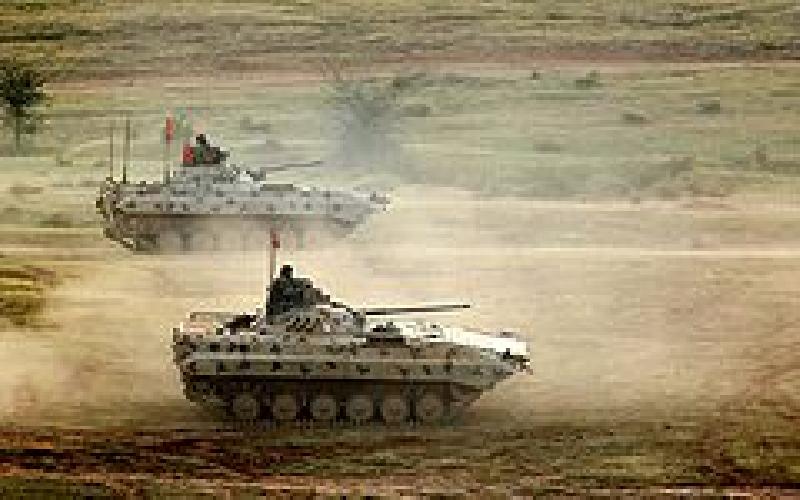The Army calls the shots in civil administration in Burma, Pakistan and Thailand

Image Source - https://en.wikipedia.org/wiki/Indian_Army
It is an enigma why the Indian army did not follow the path laid out by India's neighbors like Pakistan, Burma, and Thailand and continued to be a mute spectator even when India burned and its own privileges and perks were curtailed.
The political scenario around India's neighborhood is very different from what we see in India. Burma, Pakistan, and Thailand have an entrenched military presence in civil administration. In India, the civil administration from the days of Nehru has always sidelined the army and over the years whittled down its perks and privileges. They have been instrumental in reducing the army to a position of weakness vis a vis China and Pakistan and the stage is set that at the moment the Indian army cannot even sort out Pakistan which is one fifth the size of India. Combating China is more of a dream than reality.
The army itself accepted this p[osition and I for one can see no explanation for it.
The army itself accepted this p[osition and I for one can see no explanation for it.
It started with Pakistan when General Ayub Khan seized power in 1958. He dismissed the corrupt civil administration and ushered in his own form of governance called "basic democracy". Elections were held but not on the name of any political party.
The next step was the rise General Ne Win. He carried out a military coup and ushered in an era of military rule and now after 6 decades the army is the most important factor in Burma and has 30% seat reserved for it in parliament.
In India, this has not happened probably because of the weak and pacifist ethos of the Hindu. After all, Frank Moraes wrote about the Hindu as being "meek and mild". This is, however, a half-truth as the Buddhist religion is even more pacifist than Hinduism and yet military coups have taken place in Buddhist countries like Burma and Thailand and a lot of blood is shed.
The truth is somewhere else and probably lies in the lack of ambition by the Indian army top brass and the extinct for self-survival. Let me get my rank and continue to say three bags full so how am I concerned about anything, even the privileges of my men.
The political leadership has almost emasculated the army and one wonders why we can't have a coup here. Probably the composition of the army on the basis of caste and religion has something to do with it. Unlike Buddhism and Islam, Hinduism is not a composite religion and caste and clan is the dominating factors. The castes are almost antagonistic to each other and a coup an impossibility. A Castiest army cannot unite for a military coup.
No comments:
Post a Comment